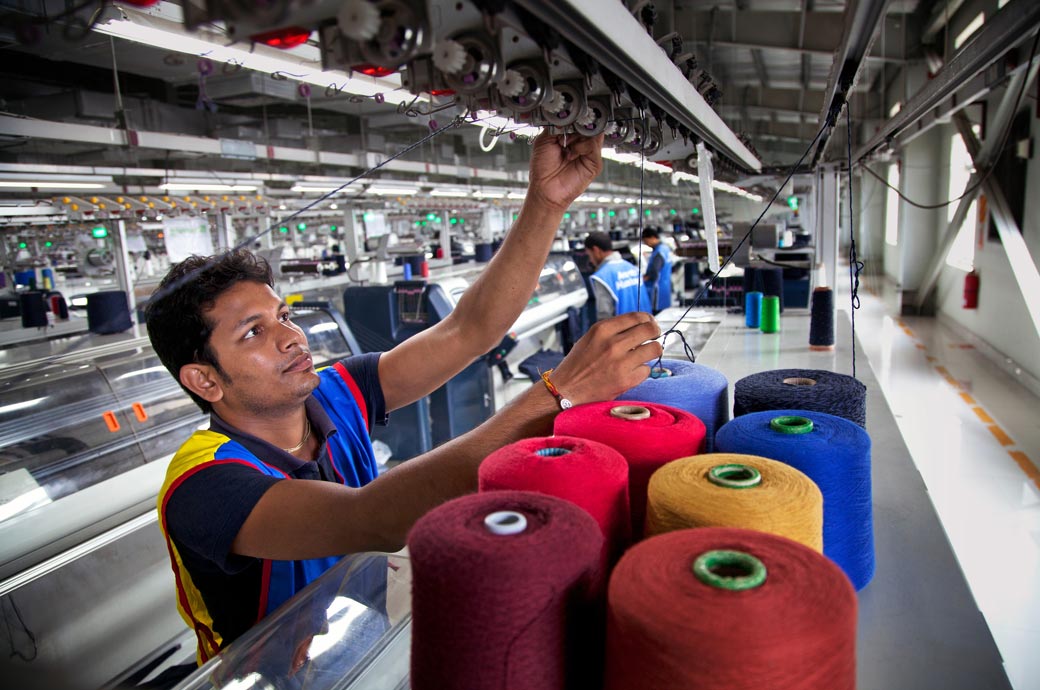

The report, based on interviews with clothing and textile industry workers and non-governmental organisations, paints a bleak picture of the workers’ resilience and ability to adapt to the upcoming changes in the clothing and textile industry.
Discussion about climate action in the clothing industry, and the upheaval that it is likely to cause, is only in its infancy in Bangladesh. Most of the workers interviewed didn't even know what climate change means, said Finnwatch researcher Anu Kultalahti.
Although the concept of climate change was not familiar to the interviewed workers, the workers still talked about the numerous ways in which climate change already affects their lives. Rising temperatures, droughts, floods and heavy rains were all present in the workers' testimony.
Workers from the countryside are constantly flowing into the cities where factories are located. The workers we interviewed said that without jobs in the clothing and textile industry, they would be left with nothing, said Kultalahti.
Workers interviewed received a salary that is insufficient to afford a decent standard of living, and from which nothing can be put aside for the future.
The workers live from hand to mouth, and the raging inflation in Bangladesh has made it even more difficult for them to make ends meet. There is no unemployment insurance, and the various state social security schemes are fragmented and ineffective.
The production interruptions that the COVID-19 pandemic caused in the spring of 2020 exposed these shortcomings starkly, as the furloughed and dismissed workers were abandoned and left to cope on their own, Finnwatch said in a release.
The upcoming textile strategy of the European Union, the corporate sustainability due diligence directive that is currently being negotiated, and the stricter corporate sustainability reporting requirements that have already been passed will all contribute to the much needed changes in the clothing and textile industry, it noted.
The industry must cut its emissions to net zero and adopt business models based on circularity, at the same time as automation increases. These changes have been estimated to lead to jobs being moved closer to the consumer markets.
Finnwatch urges companies in the clothing and textile industry to adopt and implement plans for science-based emission reductions covering their entire value chain and for achieving net zero. At the same time, these plans must involve and be inclusive of workers’ perspective to mitigate the harmful effects that the transition could have on them.
The project received financial support from Finland’s development cooperation funds. The interviewed workers worked in factories that produce clothes for the European market. In the making of the report, Finnwatchin collaborated with the Awaj Foundation, a Bangladeshi labour rights organisation.
Fibre2Fashion News Desk (DS)